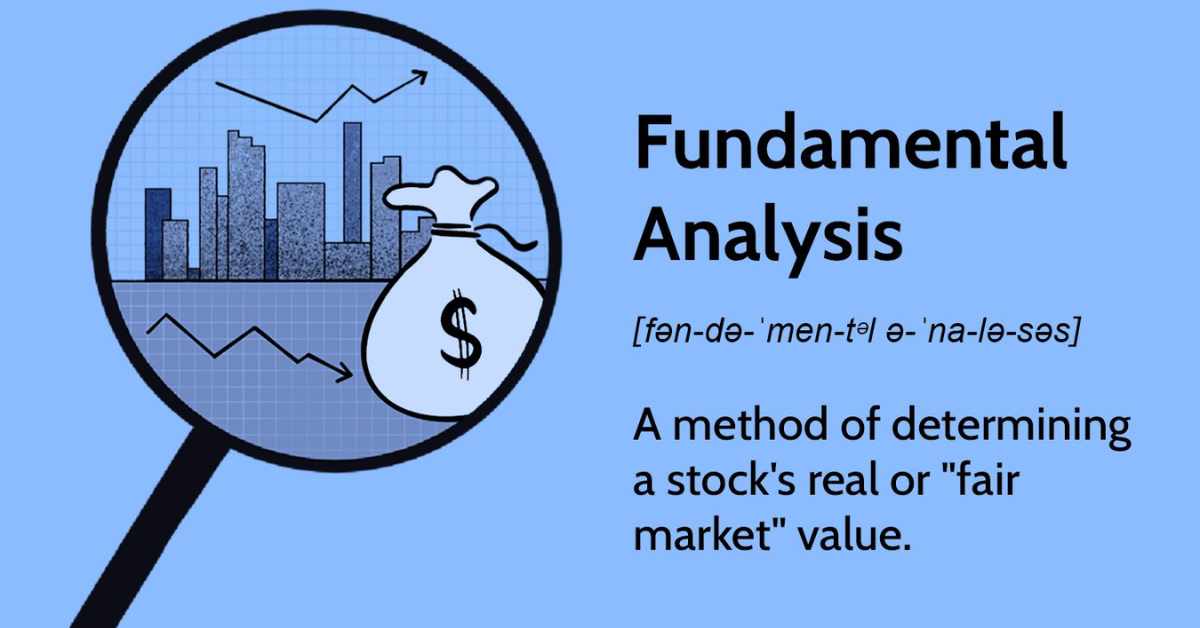The world of stock trading is often depicted as a lucrative profession, filled with stories of people making significant profits overnight. However, the reality of how much stock traders actually earn is far more nuanced. In this article, we’ll explore the factors influencing stock trader earnings, the different types of traders, average salary expectations, and the potential for growth in this field.
The Types of Stock Traders
Before delving into earnings, it’s essential to understand the various types of stock traders, as their income can vary significantly based on their trading style, experience, and the markets in which they operate. Here are the primary categories:
- Day Traders: These traders buy and sell stocks within the same day, seeking to capitalize on short-term price movements. Day traders typically have high transaction volumes and aim for small profit margins on each trade.
- Swing Traders: Swing traders hold positions for several days or weeks, taking advantage of market swings. Their trading style allows for more significant price movements compared to day trading, which can lead to higher potential profits.
- Position Traders: Position traders take a long-term approach, holding stocks for months or years. They focus on the overall trends and fundamentals rather than short-term market fluctuations, which can lead to substantial gains if done correctly.
- Institutional Traders: These traders work for banks, hedge funds, or mutual funds, executing large trades on behalf of clients or the firm. Their salaries and bonuses can be substantial due to the size and complexity of the trades they handle.
- Retail Traders: Individual traders who buy and sell securities for their accounts fall into this category. Retail traders may vary widely in experience and capital, affecting their earning potential.
Factors Affecting Trader Earnings
The income of stock traders can be influenced by several factors:
- Experience and Skill Level: Like any profession, experienced traders tend to earn more. New traders may struggle to break even, while seasoned professionals can achieve consistent profits.
- Trading Style: As previously mentioned, different trading styles can lead to varying income levels. Day traders may make money more quickly but also risk losing it just as fast, whereas position traders may have steadier, long-term returns.
- Market Conditions: Bull markets (rising prices) can create more opportunities for profit, while bear markets (falling prices) can make it more challenging to earn money. Volatility also impacts trading strategies and results.
- Capital Investment: The amount of money a trader has to invest directly influences their potential earnings. More significant capital can lead to larger profits, but it also increases risk.
- Brokerage Fees: Fees and commissions charged by brokerages can eat into profits, particularly for day traders who execute multiple trades daily.
- Emotional Discipline: Successful trading requires emotional control and discipline. Traders who can manage their emotions and stick to their strategies are more likely to succeed.
Average Earnings of Stock Traders
Earnings in the stock trading profession can vary dramatically based on the factors mentioned. Here’s a general breakdown:
- Entry-Level Traders: New traders may earn anywhere from $40,000 to $60,000 annually, depending on their firm and location. Many entry-level traders may also work on commissions or bonuses tied to performance.
- Mid-Level Traders: With a few years of experience, traders can expect salaries between $70,000 and $120,000. Those who specialize or have proven success may earn even more, especially in institutional settings.
- Experienced Traders: Successful traders with several years of experience can earn well into the six figures. Top traders in hedge funds or proprietary trading firms can earn upwards of $200,000 to $500,000 or more, especially when bonuses and profit-sharing are considered.
- Elite Traders: Some traders, particularly those in high-stakes positions, can earn millions annually. These traders often have exceptional skill, extensive experience, and a track record of high profitability.
